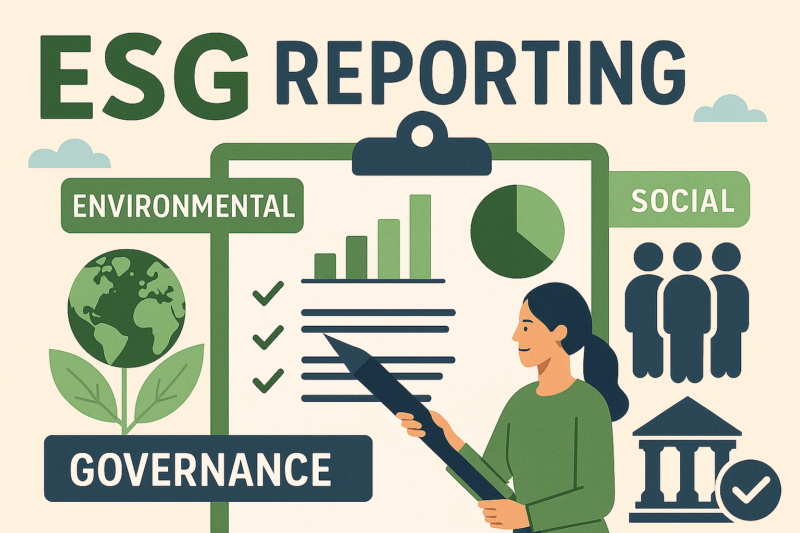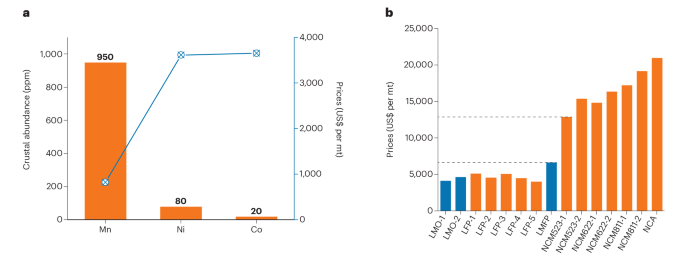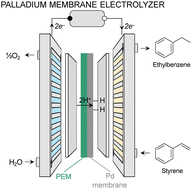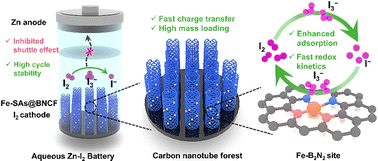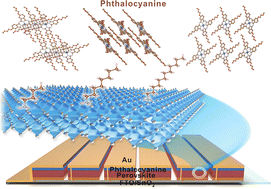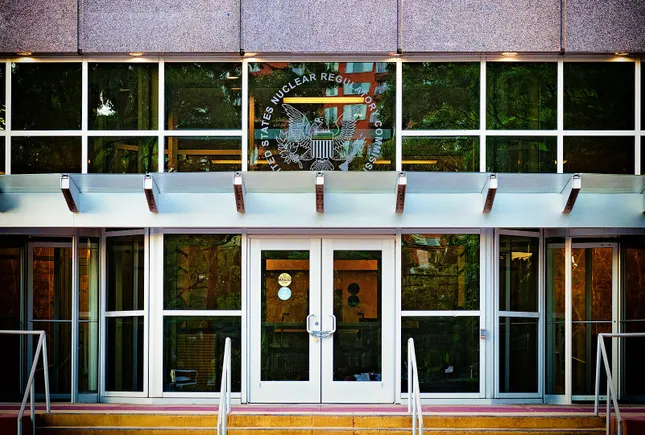STAT+: Compass psilocybin therapy shown to be effective in largest-ever study in depression
Compass Pathways said Monday it achieved its primary endpoint in an early readout from the largest-ever study of psilocybin for treatment-resistant depression.

Compass Pathways said Monday it achieved its primary endpoint in an early readout from the largest-ever study of psilocybin for treatment-resistant depression. Yet its stock price fell 36% before the markets opened, apparently signaling investor disappointment that the effect size wasn’t larger.
A single dose of the psychedelic drug led to a mean reduction in a measure of clinical depression (the Montgomery-Åsberg Depression Rating Scale) that was 3.6 points more than for patients who took placebo in a randomized trial. There was also no “clinically meaningful imbalance” in suicidal ideation between the treatment and placebo arms, according to a review from an independent data safety monitoring board. An earlier Phase 2b study saw indications of more suicidal ideation in the treatment arm than the placebo group, though not at a level that was statistically significant.
“We’re pretty excited by ticking one of the big boxes we had to tick on the way to approval,” Guy Goodwin, Compass’ chief medical officer, told STAT. The Food and Drug Administration required at least one trial compare psilocybin to inert placebo, though it creates functional unblinding, since most people can tell whether they’ve received a psychedelic or not.




























































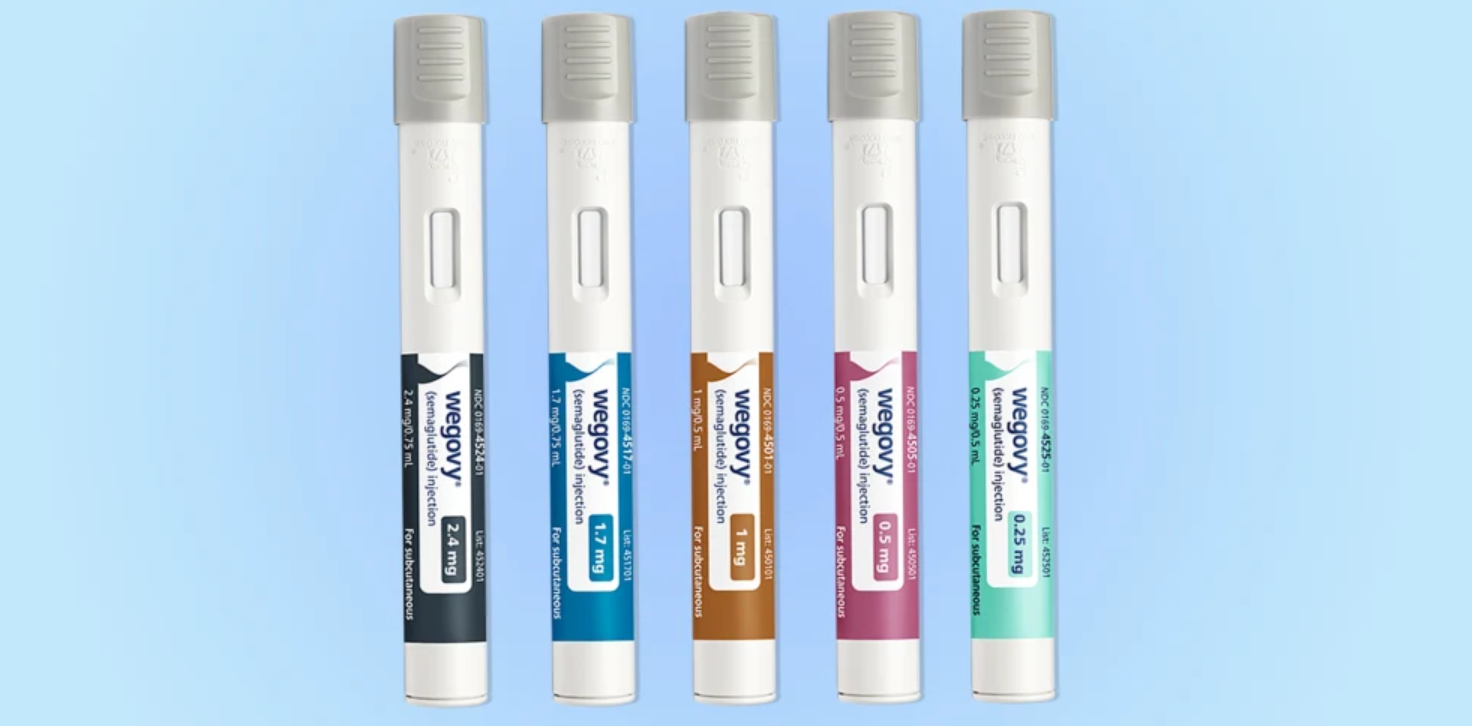
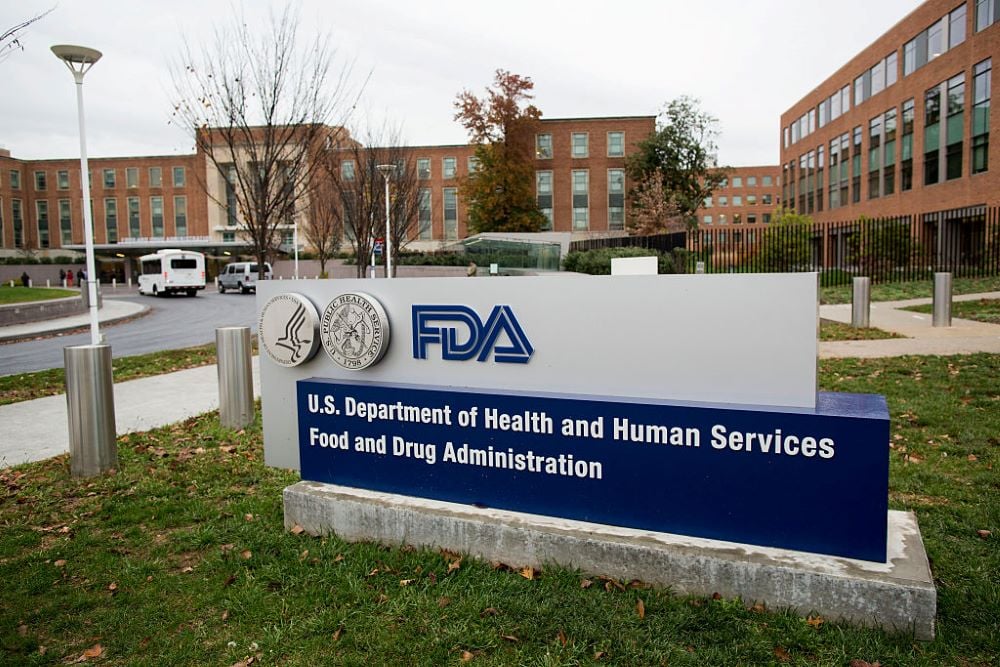








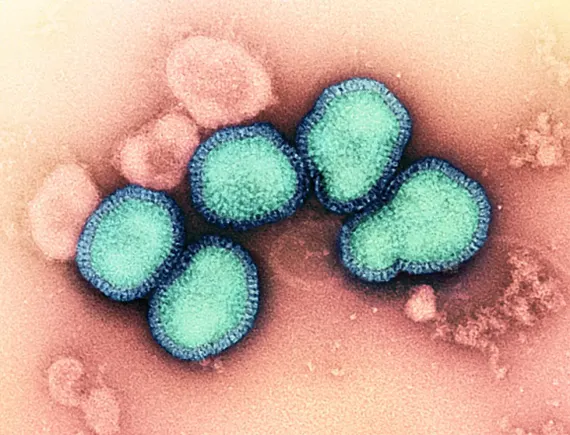
































![[Updated] B-2 Spirit Bombers Struck Iranian Nuclear Sites](https://theaviationist.com/wp-content/uploads/2025/06/B2sGuam_2.jpg)














